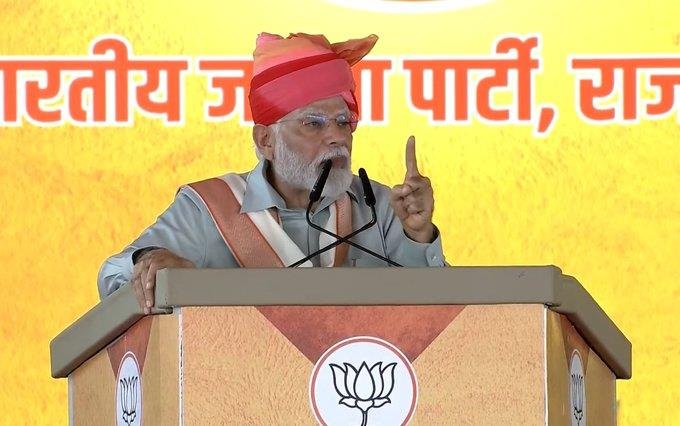The Union Cabinet, chaired by Prime Minister Shri Narendra Modi, has granted approval for further modifications to the National Livestock Mission (NLM). These modifications aim to bolster various aspects of livestock farming in India, including entrepreneurship, fodder cultivation, and livestock insurance.
One significant change approved by the Cabinet is the inclusion of additional activities under the NLM. This includes support for the establishment of entrepreneurship ventures related to horse, donkey, mule, and camel breeding. Individuals, Farmer Producer Organizations (FPOs), Self-Help Groups (SHGs), Joint Liability Groups (JLGs), Farmer Cooperative societies (FCOs), and Section 8 companies will be eligible for a 50% capital subsidy of up to Rs. 50 lakhs. Furthermore, state governments will receive assistance for breed conservation of horse, donkey, and camel. The Central Government will allocate Rs. 10 crores for the establishment of semen stations and nucleus breeding farms for these animals.
Additionally, the Cabinet has approved support for the establishment of fodder seed processing infrastructure. This includes Processing & Grading units and Fodder storage godowns, with a 50% capital subsidy of up to Rs. 50 lakhs for private companies, start-ups, SHGs, FPOs, FCOs, JLGs, Farmer Cooperative societies, and Section 8 companies. The remaining project cost will be arranged by the beneficiaries through bank finance or self-funding. This initiative aims to improve the quality and availability of fodder for livestock.
To expand fodder cultivation areas, state governments will receive assistance for fodder cultivation on non-forest lands, wastelands, range lands, non-arable lands, and forest lands. This will contribute to increasing fodder availability across the country, addressing a critical need in livestock management.
Moreover, the Cabinet has simplified the Livestock Insurance program to benefit farmers. The beneficiary share of the premium for farmers has been reduced to 15%, down from the previous rates of 20%, 30%, 40%, and 50%. The remaining premium amount will be shared by the Central and State governments at a ratio of 60:40 for all states and 90:10 for northeastern and hilly states. Additionally, the number of animals eligible for insurance has been doubled to 10 cattle units for cattle, sheep, and goats. These changes aim to make livestock insurance more accessible and affordable for farmers, allowing them to protect their valuable animals with minimal financial burden.
Overall, the modifications approved by the Union Cabinet under the National Livestock Mission reflect the government’s commitment to promoting entrepreneurship, improving fodder cultivation, and enhancing livestock insurance programs in India. By supporting initiatives aimed at breed conservation, infrastructure development, and risk mitigation for farmers, the government seeks to boost the livelihoods of those engaged in the livestock sector and contribute to the growth of the agricultural economy. These measures align with the broader goals of ensuring food security, enhancing rural incomes, and fostering sustainable agricultural practices across the country.














